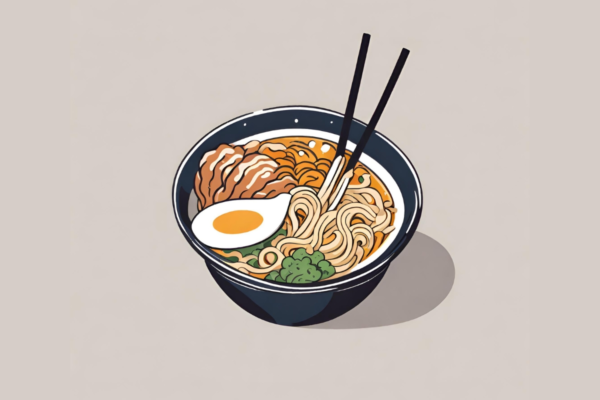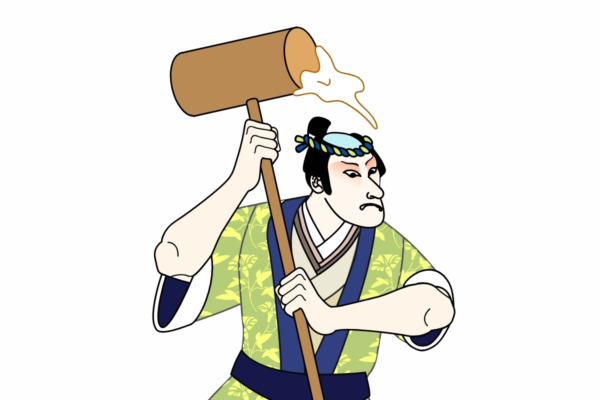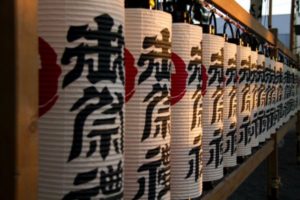Forever a Woman (aka The Eternals Breasts) (Chibusa yo eien nare, Japan 1955) is a moving portrait of woman, mother and artist which illuminates radical ideas of female agency and desire. With this film Kinuyo Tanaka embarked on her first passion project as director working with female scriptwriter Sumie Tanaka. The feature was Tanaka’s third film as director and is inspired by the life of celebrated female poet Nakajō Fumiko (1922-54), who met an untimely death, aged 32, from breast cancer. It is based on the book titled The Eternal Breasts, which was written by a young male newspaper journalist, Akira Wakatsuki, and published in April 1955.
Plot
Set on the plains of Hokkaido and in Sapporo, Forever a Woman stars Yumeji Tsukioka as Fumiko Shimojo, an unhappily married mother of two young children who writes poetry in her spare time. Soon after divorcing her adulterous husband and becoming separated from her son, Fumiko becomes locally recognized, and then nationally admired for her poetry, but her success coincides with a diagnosis of breast cancer. She undergoes a double mastectomy that seems to give her a new lease of life, at least until it becomes clear that her condition is continuing to worsen.
Still, despite inching closer and closer to death’s door, Fumiko seemingly becomes more alive than ever. Reinvigorated by her mortality, Fumiko discovers a level of heightened confidence that’s reflected in her rediscovery of her sexuality, articulated in her poetry that displays the physical and emotional consequences of her condition with a sensitive yet jolting intimacy. Her creative drive is inseparable from her pain, and her candour in the face of death even allows her to invest herself wholeheartedly in one last love affair. The supporting cast includes Masayuki Mori (an icon of Japanese cinema’s golden age) as well as Ryoji Hayama (playing Akira Otsuki) in his first film role, Hiroko Kawasaki (playing Tatsuko) and Shiro Osaka (playing Yoshio).
Women’s Cinema

Nakajō Fumiko became known for an anthology of tanka poems published in early July 1954, only a month before her death entitled The Removal of Breasts (Chibusa sōshitsu). The screenplay loosely following her life was artfully penned by Sumie Tanaka, who would later write Kinuyo Tanaka’s Girls of Night, further consolidating the ‘films for women, by women’ outlook that Tanaka strived to advance in her time. Tanaka’s treatment of the script draws attention to female interrelationships, specifically the mother-daughter conflict and the double-edged sword of female intimate friendship and jealous rivalry. Her direction makes the narrative more compact and less dialogue-driven, relying more on visuals and tight editing rather than words to express the female experience. Yumeji Tsukioka’’s vivid performances in the leading role of Fumiko is another decisive part of the film’s appeal. She is compelling, vulnerable and adept at portraying the full range of emotion her character is experiencing.
Publicity material from the 1950s demonstrates that the film was deliberately promoted as a ‘women’s film’ (josei eiga) which was clearly an effort by the film industry to address a growing female market. A newspaper advertisement for the film reads, ‘This is a film directed by Tanaka Kinuyo, dedicated to all womankind. The pathos and intensity of women’s lives have never before been so revealed.’ This advertisement solidifies the fact that with a female director, a female scriptwriter adapting the biography of a female poet who died of breast cancer and a brilliant leading actress, Forever a Woman is the epitome of women’s cinema.

This film was shot in an era of Japanese film history when women were only portrayed by male directors, but Tanaka has succeeded for the first time as a woman director in depicting a female character who actively enjoys her own sexuality. The memoir from which Forever a Woman was based depicted the intense and intimate exchanges between the young journalist author and his poet subject. Revealing the sexually charged nature of their relationship, the book was deemed both sensational and disrespectful to the poet at it’s time of publicaiton. Regardless it became a bestseller and its melodramatic nature lent itself perfectly to film adaptation.
With this film Tanaka pushed the envelope by having the unmitigated gall to stay true to the memoir and focus the film on a subject that was considered taboo for its time – female sexuality. There is an unsparing frankness and directness to the film which offers a daring depiction of female sexuality and desire as well as a powerful instance of a woman’s creativity and self-expression on and off the screen. It is unapologetic and unflinching. Tanaka is able to successfully explore a wide emotional breath by allowing Fumiko to be impulsive and crave intimacy and explore her desire despite the removal of her breasts. As well, while she is defiant in the face of death, we also see Fumiko experience uncertainty, terror, and loneliness. She wants to live, she wants to rage, she wants to experience and feel all that there is to feel and above all she wants to be a woman.
Final Thoughts

Widely regarded as Kinuyo Tanaka’s directorial masterpiece, this frank drama about breast cancer, motherhood and artistic expression reveals an audacity rare in Japanese cinema of the time, and still surprises to this day.
The life of Nakajō Fumiko provides a poignant backbone to the project but it is the actual cinematography that imbues the film with a fierce sense of defiance that’s palpable throughout. From the stark symmetry of the alley that Fumiko watches her son leave by to the sterile and unnerving operation room where Fumiko’s breasts are removed, Tanaka’s direction is logical, tender, and heartbreaking. Towards the end, as death encroaches, Tanaka unleashes some bleak yet potent images that are sure to haunt any viewer for weeks after seeing the film.
Forever a Woman (aka The Eternals Breasts) is a triumphant portrayal of a flawed heroine who embraces her ‘true self’ thanks to the vision of the director who, like her subject, dared to be more than what an oppressive society prescribed. It is simply a gentle devastation; the culmination of a woman’s suffering that is never redundant nor sensationalist, only humane and heartbreaking.
Find out more about BFI’s Kinuyo Tanaka: A Life in Film retrospective here.














































